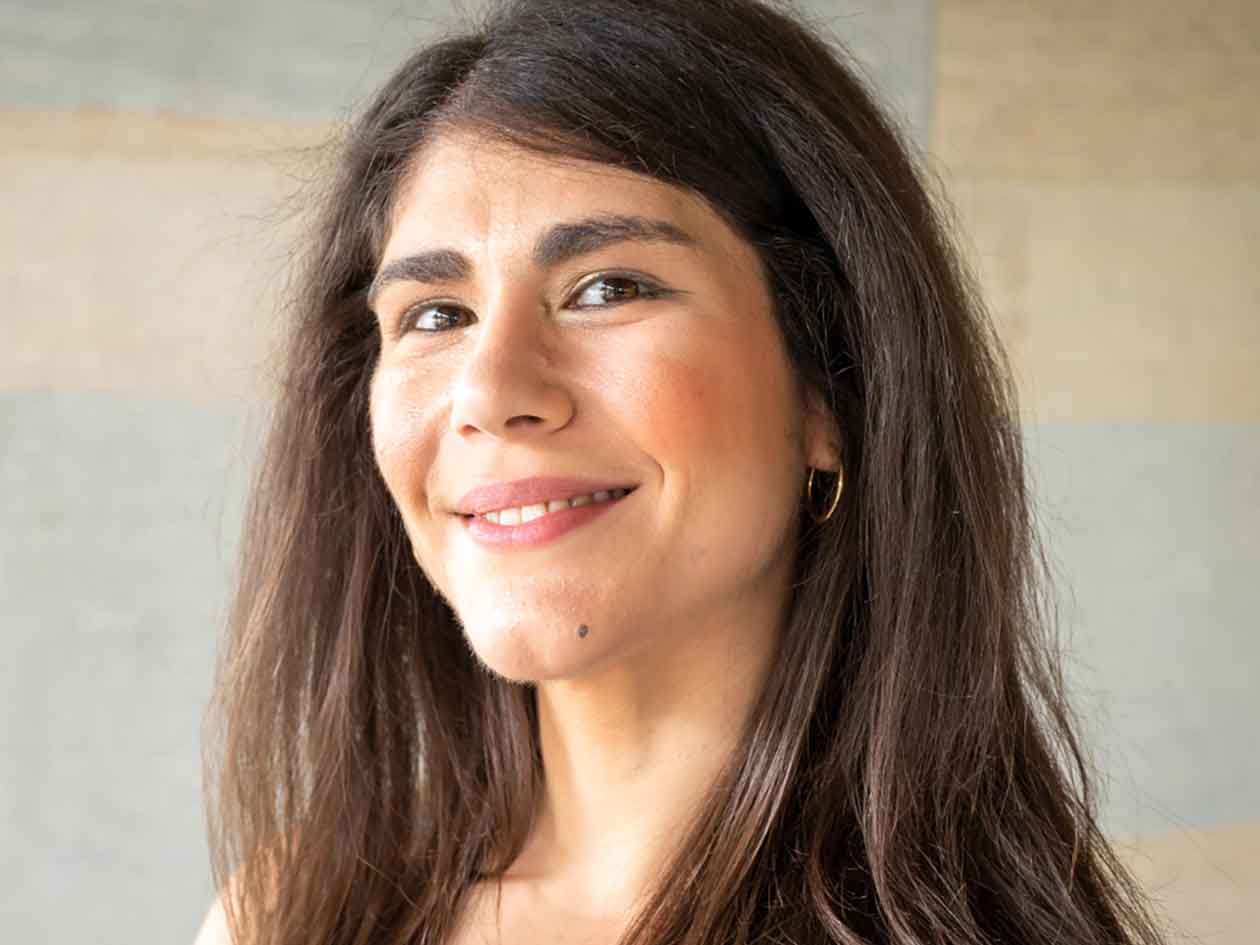Dr Annalivia Polselli has been awarded a prestigious British Academy Postdoctoral Fellowship for her research into using AI methods for policy analysis. Dr Polselli is a researcher in the Methods and Machine Learning team of ISER’s ESRC Research Centre on MicroSocial Change (MiSoC)
The British Academy has awarded 45 Postdoctoral Fellowships to outstanding early career researchers in the SHAPE (social sciences, humanities, arts for people and economy) disciplines worth over £15.9 million.
Successful research projects in this year’s cohort range from those looking at afforestation in Pakistan, disability in the world of orchestral music, and a “mental health toolkit” to promote positive self-evaluation and well-being in adolescents.
Funded by the Department for Science, Innovation and Technology, the Academy’s flagship Postdoctoral Fellowships scheme offers early career researchers the opportunity to strengthen their experience of research and teaching in an academic environment, to help develop the researchers’ CVs and boost their prospects of obtaining a permanent academic post.
The Postdoctoral Fellowships will see the funding spread over a three-year period, with the goal of completing a significant piece of publishable research. The scheme gives award holders a foundation on which to build their academic career, allowing them to integrate into the community of established scholars within their field.
Dr Polselli describes her research project, Double Machine Learning for Heterogeneous Treatment Effects with Panel Data, here:
“Policy interventions have the potential to impact population groups differently. Quantifying treatment heterogeneity to identify those groups with the greatest potential to be affected by these interventions is an important objective for policy-oriented social scientists.
In this fellowship, I will bring the power of machine learning algorithms from Artificial Intelligence into causal analysis for policy evaluation to implement improved estimators for the estimation of heterogeneous treatment effects (HTEs) in the context of static and dynamic panel data. I will build on Chernozhukov et al. (2018)’s interactive regression model and Nie and Wager (2021)’s quasi-oracle algorithms. The power of these estimators to produce accurate and precise estimates will be assessed theoretically and in comparison with conventional estimation methods.
Finally, I will illustrate the applicability of my methodology by carrying out empirical analyses to quantify, eg the effect of smoking behaviour during pregnancy on birthweight and identify those groups most affected.”
